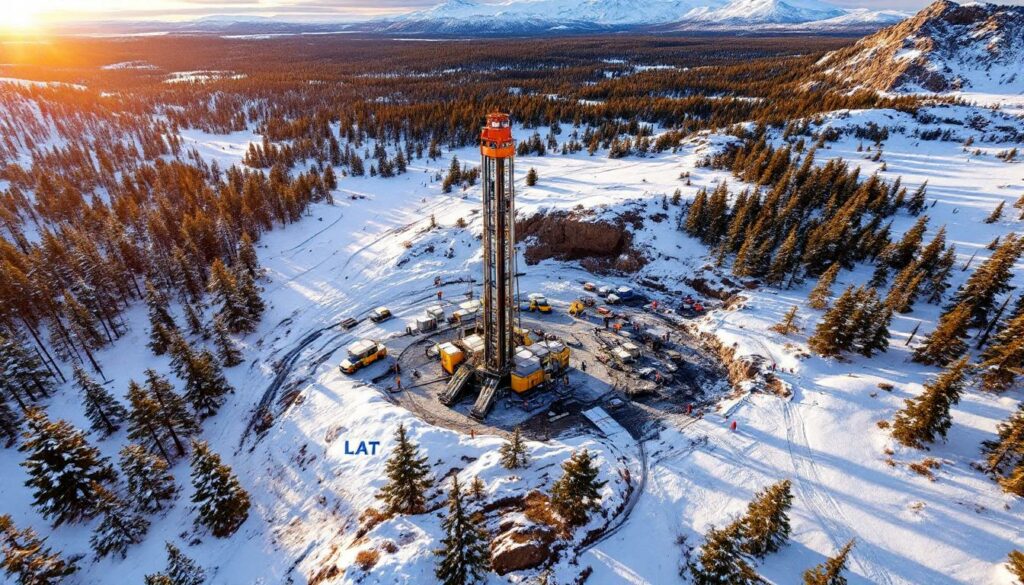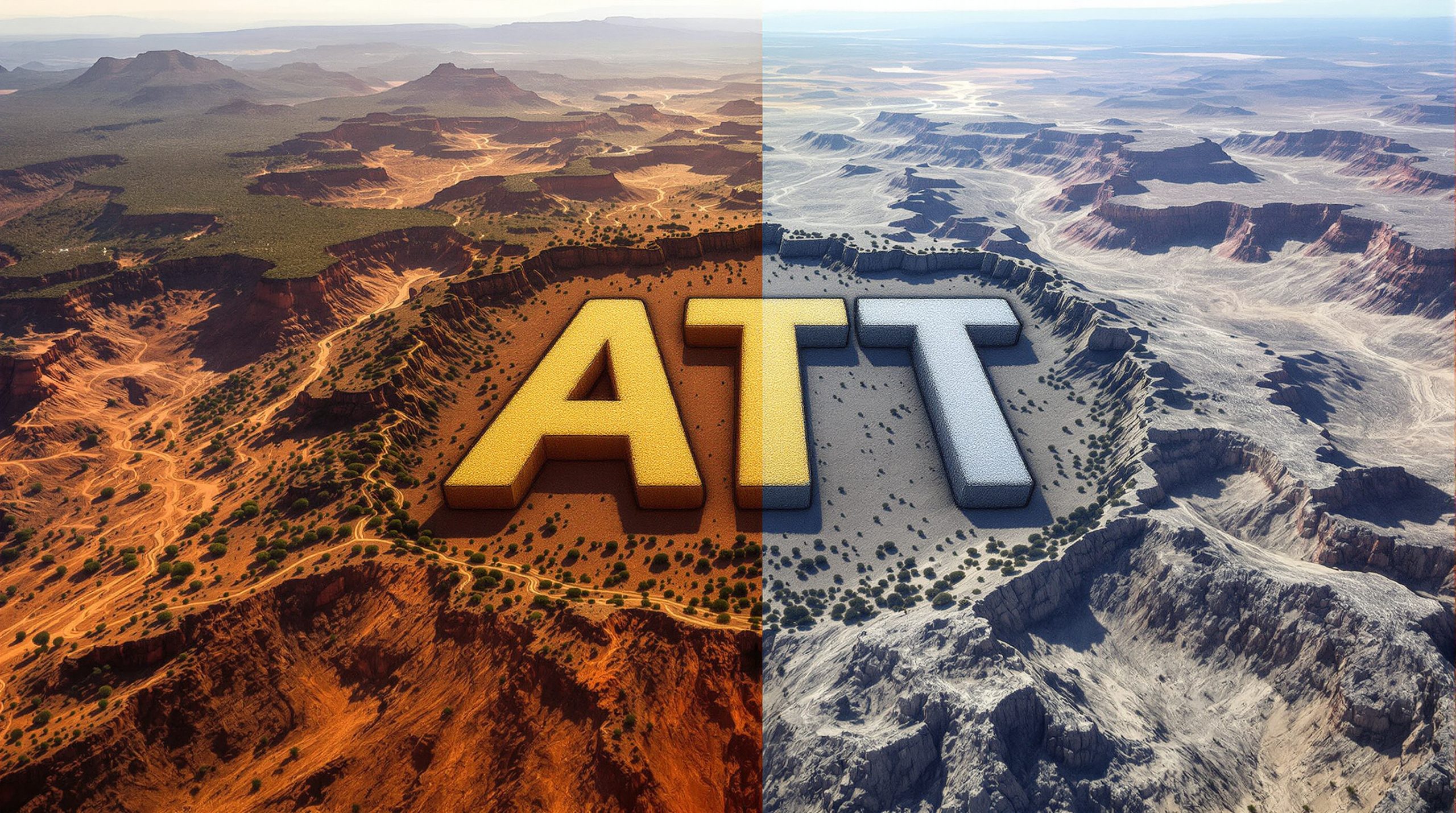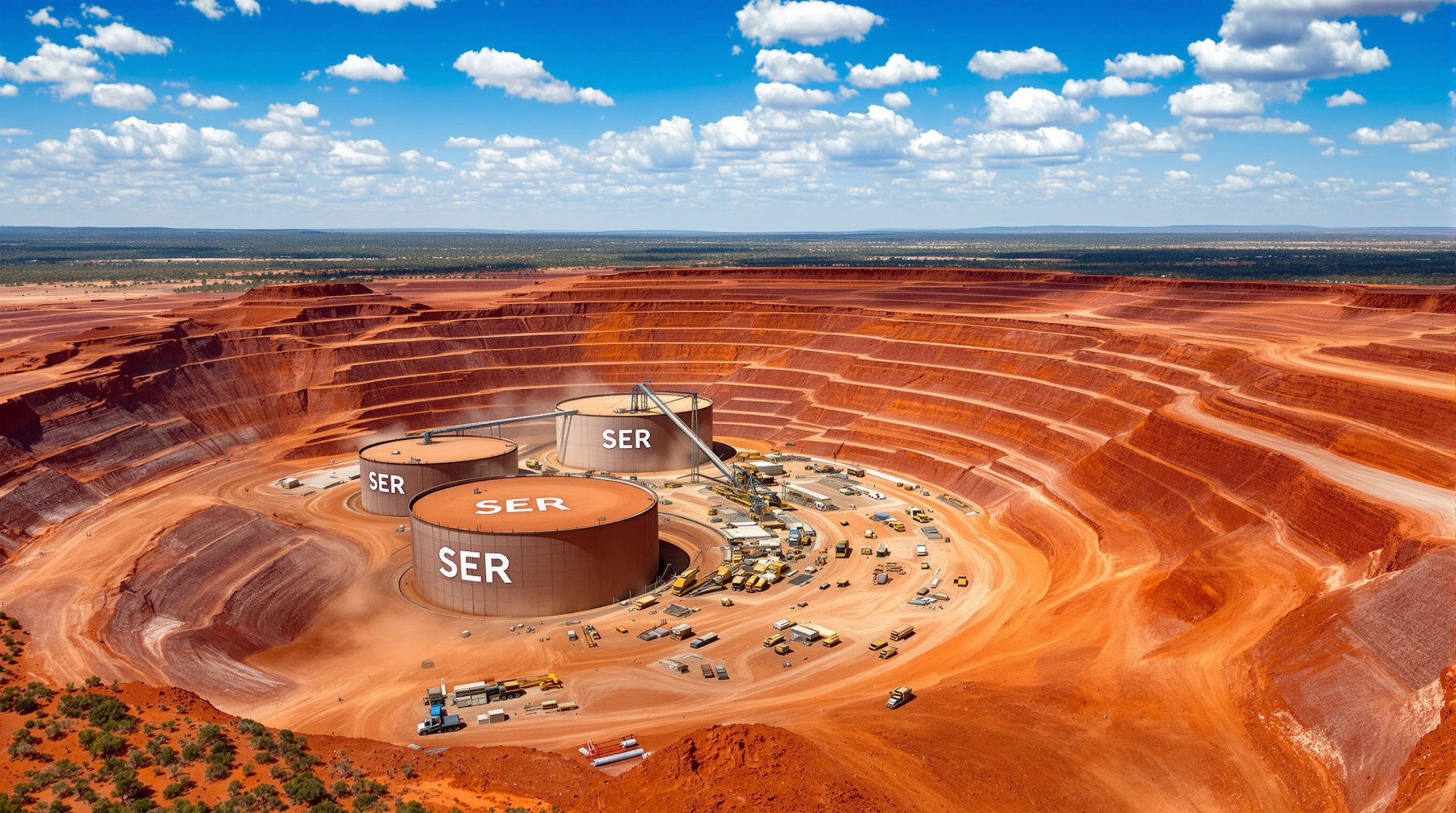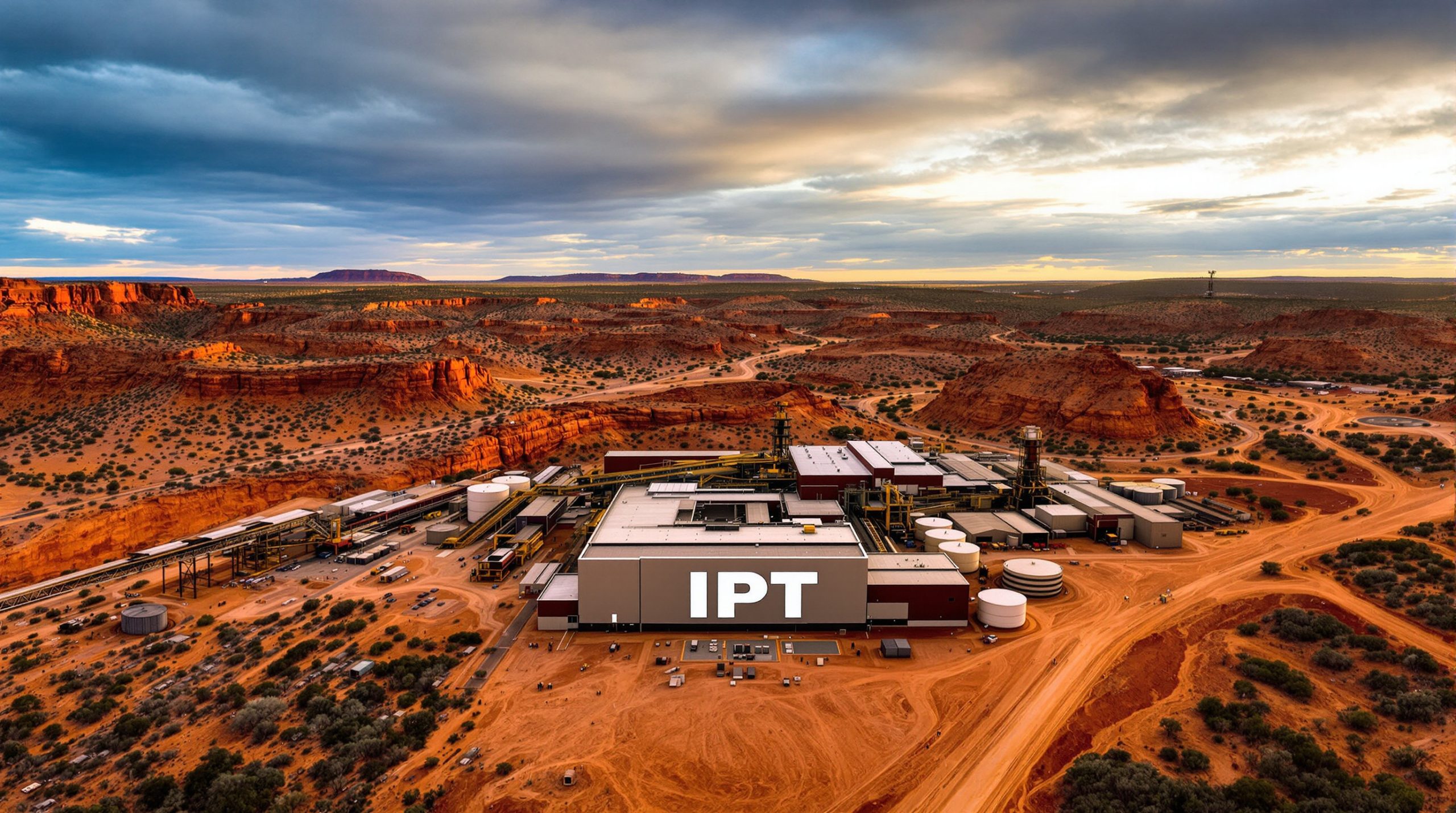Latitude 66 Confirms Gold Trend Extension at KSB Project with Successful RC Drilling
Latitude 66 Limited (ASX: LAT) has successfully completed its maiden reverse circulation (RC) drilling program at the K6 Prospect in northern Finland, confirming the extension of the mineralised gold trend from the K1 deposit to the K6 prospects—a distance of approximately 2.5 kilometers.
The 12-hole RC drilling program totaling 315 meters was designed to test the K6E and K6W Prospects, focusing on zones defined by discrete induced polarization (IP) chargeability anomalies coincident with promising surface boulder samples that had previously returned values up to 8.8 g/t Au and 0.6% Cu.
Key Drilling Results Confirm Mineral System Extension
The drilling program successfully intersected zones of anomalous gold, cobalt, and copper mineralisation across both targets, with the most significant intersection at K6W of:
- 2m @ 0.27 g/t Au, 0.13% Co, and 0.35% Cu from K6RC009 within a broader zone of 17m @ 0.17% Co
This result is particularly promising as it suggests the drilling has intersected the margin of a mineralised system, with the potential for higher-grade mineralisation nearby.
The K6E prospect also returned notable results with an intersection of 4m @ 0.01% Co (K6RC007), which is interpreted as being significant as it relates to rocks hosting the mineralisation along a lithological contact.
RC Drilling Proves Effective for Finnish Exploration
A secondary objective of the program was to evaluate RC drilling as a more cost-effective alternative to diamond core drilling for early-stage exploration in Finland. The results have been promising, with RC drilling achieving:
- Significantly faster drilling rates
- Approximately half the cost of comparable diamond core drilling
- Proven effectiveness for shallow target testing
This successful trial of RC drilling represents a significant advancement for the company, potentially accelerating future exploration and resource growth across the broader KSB project area.
Mineralising System Shows Promising Characteristics
The geological and structural context of the mineralisation intersected during the RC drilling program suggests a potentially more significant mineralised system at depth or along strike:
| Feature | Interpretation | Significance |
|---|---|---|
| Elevated copper concentrations | Similar source to previously identified mineralised boulders | Indicates proximity to primary mineralisation |
| Albite alteration | Hydrothermal alteration halo | Typical feature surrounding gold-cobalt systems |
| Down-dip IP anomaly | Increased chargeability (9 mV/V) | Potential for stronger sulfide accumulation |
| Interpreted fold hinge | Favourable structural position | Known to host mineralisation at K1, K2, K3 |
"The trial of RC drilling has proven successful on the K6E and K6W Prospects at our flagship KSB North Project in northern Finland, where RC drilling is not widely used outside of mine development drilling. This is an exciting step forward in improving efficient early-stage drilling that has the potential to accelerate exploration and resource growth for the KSB Project," said Managing Director Grant Coyle.
Understanding IP Chargeability Anomalies in Mineral Exploration
Induced Polarization (IP) chargeability anomalies are a key tool in mineral exploration that helps identify potential zones of sulfide mineralisation. Here's why they matter to investors following Latitude 66:
What is IP Chargeability?
IP chargeability measures how well rocks hold an electrical charge. Sulfide minerals (which often host gold, cobalt, and copper) can store electrical charge like tiny batteries, creating distinctive anomalies.
Why It Matters for Investors:
- Target Identification: The chargeability anomalies at K6 (reaching 9 mV/V down-dip) help pinpoint areas with potential mineralisation below surface.
- Cost-Effective Exploration: IP surveys allow companies to narrow drilling targets, reducing overall exploration costs.
- Depth Potential: The increasing chargeability values at depth suggest the mineralising system may strengthen deeper underground.
In Latitude's case, the IP anomalies coincide with favourable structural positions (fold hinges) that are known to host significant mineralisation at the nearby K1, K2, and K3 deposits—enhancing the prospectivity of these targets.
Future Plans & Exploration Strategy
Latitude will integrate these results with ongoing geological, geochemical, and geophysical datasets to refine drill targeting across the broader KSB project. Specific next steps include:
- Comprehensive geochemical review incorporating additional pathfinder elements
- Refining the structural model through detailed mapping
- Reprocessing of geophysical datasets to better understand the interpreted fold hinge
- Testing deeper extensional targets as well as shallower targets suitable for RC drilling
- Potential RC drill rig development with European partners to further reduce exploration costs
The company is currently in discussions with several European groups to assist in the ongoing development of RC drilling operations adapted to the Finnish environment, including potential funding to support further RC drill rig development.
Investment Thesis: Why KSB Project Offers Growth Potential
The KSB Project represents a compelling investment opportunity based on several key factors:
-
Resource Expansion Potential: The confirmed 2.5km mineralised trend between K1 and K6 suggests significant resource growth opportunity.
-
Cost-Effective Exploration: The successful implementation of RC drilling potentially reduces exploration costs by 50% compared to diamond drilling.
-
Multiple Untested Targets: Substantial targets exist along the 2.5km trend within granted exploration licenses that remain untested.
-
Favourable Geological Setting: The mineralisation is associated with structural features (fold hinges) that are analogous to the company's established deposits.
-
Strategic Metal Focus: The project hosts gold-cobalt-copper mineralisation—metals critical for the energy transition and battery technology.
Why Investors Should Follow Latitude 66
Latitude 66 is strategically positioned as an emerging player in the critical minerals space with several compelling attributes:
- Strategic Location: Operating in Finland, a stable mining jurisdiction within the European Union
- Technical Innovation: Pioneering cost-effective RC drilling techniques in Finland
- Resource Growth Trajectory: Clear pathway to expand the mineral resource along the confirmed 2.5km mineralised trend
- Critical Metals Exposure: Targeting gold, cobalt, and copper—metals essential for both traditional and green economy applications
- Defined Next Steps: Clear exploration strategy with multiple near-term catalysts
The results from this RC drilling program provide valuable information to understand the characteristics of mineralisation at the K6 Prospect and will guide future exploration work in this prospective area near the established K1, K2, and K3 deposits.
Ready to Explore Finland's Next Major Gold Discovery?
Discover how Latitude 66 is pioneering cost-effective exploration techniques to unlock the full potential of its promising KSB Project in northern Finland. With a confirmed 2.5km mineralised gold trend and critical metals exposure including cobalt and copper, LAT presents a compelling opportunity for investors seeking exposure to strategic resources in a stable European jurisdiction. To learn more about this emerging player in the critical minerals space and their pathway to resource growth, visit Lat66.com today.




